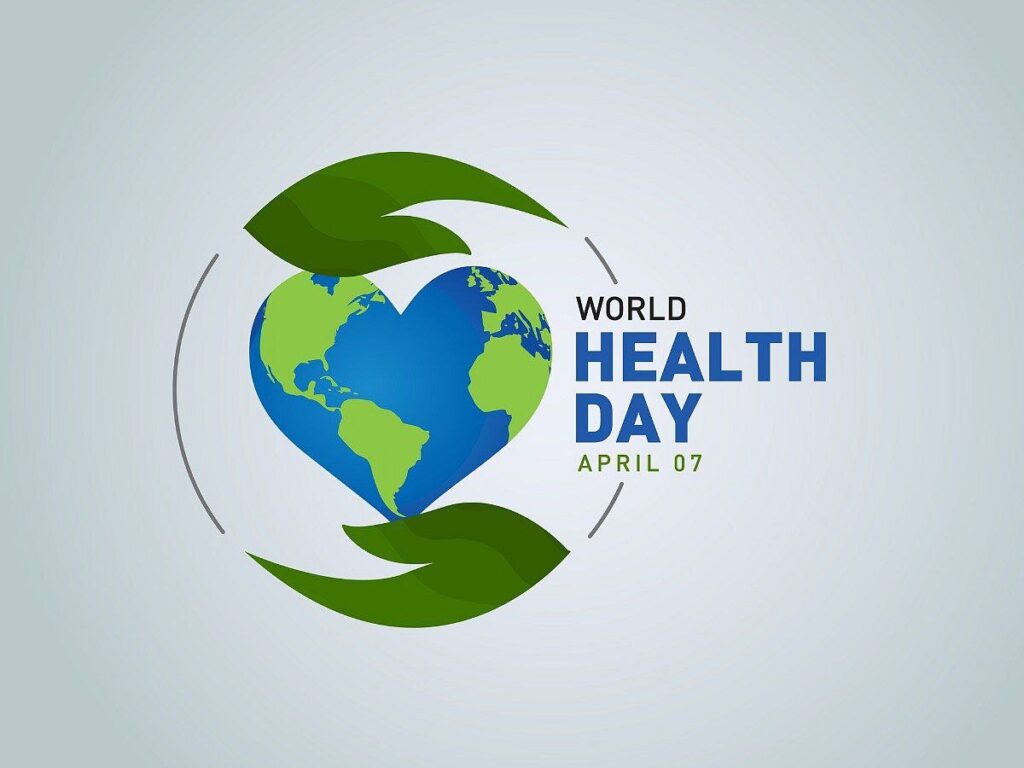Tehran – Every year, World Health Day is celebrated around the world on April 7th and commemorates the establishment of the World Health Organization (WHO) in 1948. The day aims to raise awareness of global health issues, address them, and mobilize the military to improve public health.
The theme of World Health Day 2025, “Healthy Beginnings, Hopeful Futures” employs an initiative focused on mothers and babies, and seeks to encourage governments and health communities to minimize preventable deaths for mothers and newborns by prioritizing the long-term health and well-being of women.
The WHO and partners will also share useful information to support healthy pregnancy and birth, as well as improved postnatal health.
It is important to help all women and babies survive and thrive. Tragically, nearly 300,000 women die from pregnancy or childbirth each year, based on current published estimates. This is about one preventable death every 7 seconds.
Based on current trends, four out of five countries are on track to achieve their goals to improve mother survival by 2030.
Everywhere women and families need high quality care physically and emotionally to support women, and at birth, and at the time of birth.
Health systems need to evolve to manage many health issues that affect maternal and neonatal health. These include not only direct obstetric complications, but also mental health, non-communicable diseases, and family planning.
Furthermore, women and their families should be supported by laws and policies that protect their health and rights. The main objectives of this year’s campaign are as follows:
The need to raise awareness of gaps in maternal and neonatal survival and prioritize women’s long-term well-being.
Advocate for effective investments to improve the health of women and babies.
Encourage collective action to support parents and health professionals who provide critical care.
Provide useful health information related to pregnancy, childbirth and postnatal periods.
According to a report by the United Nations Development Program, the average life expectancy index at birth increased from 49.5 years in 1960 to 51 years in 1978. However, a World Bank report shows that the average life expectancy of Iranians has increased by over 76 years for over 25 years after the Islamic Revolution.
Increased access to Iran’s improved health services led to changes in the pattern of disease and outbreak that themselves affected the number of deaths caused by infection.
Statistics show that Iran’s live-mortality index, from 13 deaths per 1,000 births between 1970 and 1978, is currently down to five. Additionally, the decline in infant mortality rates over the past 40 years has been significant, with a decline of from 13,000 to 18 deaths.
In March 2024, Iran held an international conference on family health, focusing on the important role of mothers in family wellbeing.
World Physical Activity Day
World Physical Activity Day is celebrated every year on April 6th. According to the WHO, the day emphasizes the importance of physical activity and its impact on physical and mental health.
Regular physical activity plays an important role in preventing illness, increasing daily energy, improving sleep quality, and maintaining cardiovascular function.
Easy activities like daily walks, stairs instead of elevators, stretching at work, and more can help boost your overall health. In addition to strengthening the immune system and muscles, these activities increase flexibility and reduce stress.
Physical activity is also directly linked to mental health, releasing pleasant hormones like endorphins that help reduce anxiety and depression, improve mood and increase confidence. Regular exercise also serves as a natural stress reliefer.
It is also one of the most effective and cheapest ways to prevent and control many chronic diseases such as obesity, diabetes, hypertension, heart disease, stroke and some cancers.
Physically active people are not only healthier, but happier and sociable. Inactivity and long-term sitting are one of the factors that contribute to the development of chronic health problems. Every small move is a big investment in health and well-being.

